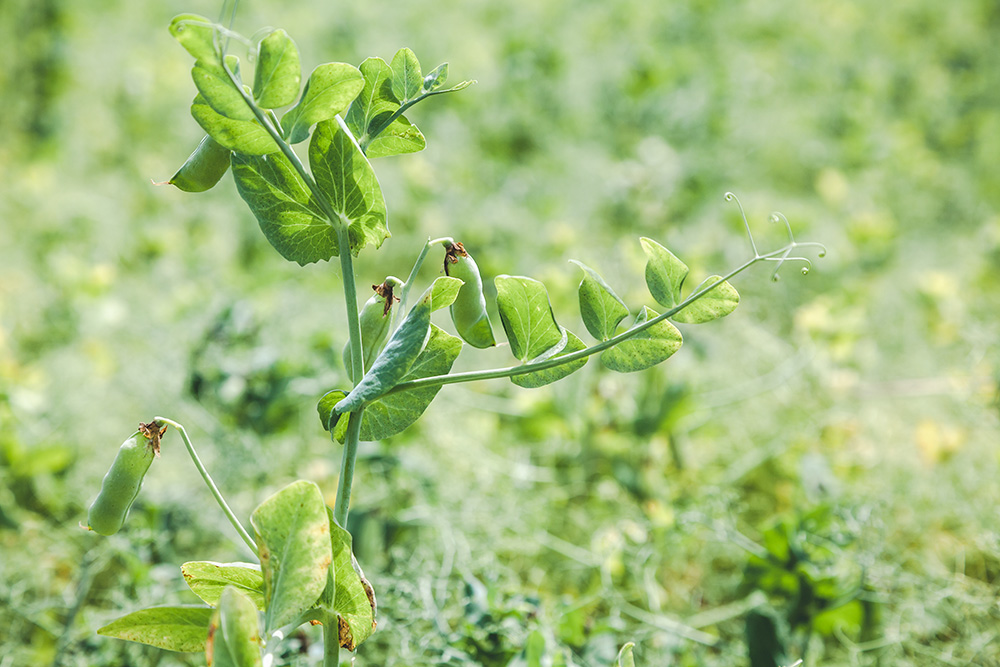

Reichman University research provides breakthrough in B12-rich spirulina
Recent research has demonstrated a significant advancement in the cultivation of spirulina, a blue-green algae with a rich nutritional profile. A study published in Discover Food by Dr Asaf Tzachor and his team at Reichman University revealed that state-of-the-art biotechnology can now produce spirulina with levels of biologically active B12 comparable to beef.
This discovery holds immense potential for addressing B12 deficiency, a common micronutrient deficiency worldwide. By substituting meat and dairy products, which have substantial environmental impacts, with sustainable and nutritious spirulina, this research could contribute to a more environmentally friendly and healthier diet.
Traditionally, spirulina has been valued for its high content of protein, vitamins, and minerals, including vitamin C, D, B6, iron, calcium, and magnesium. However, it lacked biologically active B12, a crucial nutrient for human health. Through innovative cultivation techniques, scientists have now overcome this limitation.
As highlighted in the report, Iceland's potential to produce large quantities of B12-rich spirulina biomass could meet the recommended dietary allowance (RDA) of over 13.8 million children aged 1-3. This demonstrates the scalability and impact of this technology.
Tzachor and his team compared their cultivated spirulina to beef, considering factors such as protein, amino acid, bioavailable iron content, and B12 levels. The comparison not only highlights the nutritional equivalence but also underscores the potential health benefits of plant-based alternatives.
Numerous studies have supported the health benefits of spirulina. A review published in Nutrients found that spirulina may help mitigate heart disease and diabetes risk by preventing or limiting cardiovascular risk factors like high blood pressure, hyperglycemia, and hyperlipidemia.
By addressing the B12 deficiency issue and providing a sustainable alternative to animal-derived products, this research offers a promising solution for a healthier and more environmentally conscious future.
If you have any questions or would like to get in touch with us, please email info@futureofproteinproduction.com

.png)






